Munich: Eighth place in our ranking

Germany, like Spain, has two cities in the top 10 results obtained from the responses to the survey we conducted among more than 25,000 people. This is an important fact that shows how well the German culture of life fits in with what everyone is looking for, no matter where they come from.
Munich ranks eighth, with merits especially in the categories of education and security, with the latter dominating in first place.
Munich is not the largest city in Germany, but it is the most populous. More than 1.5 million people live there, including around 30% of foreigners, which shows the great impact this place has on people from all corners of the world.
In the survey, Munich entered the top 10 best cities in Europe in eighth place with an overall good perception. It also ranks highly in a number of categories, being a part of Germany whose popularity is growing.
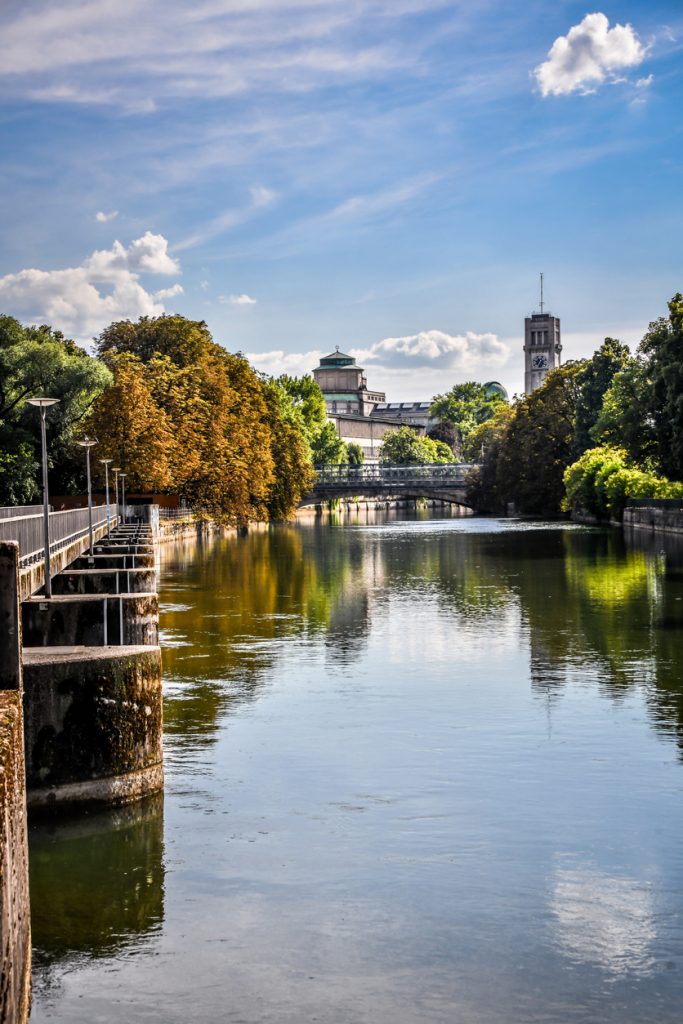
Temperature is not one of Munich’s main strengths. Although its summers are pleasant, with temperatures that don’t rise as high as in other regions, winter is a different story. Munich’s winter is bitterly cold, with a minimum temperature of around 2 degrees Celsius and often below, which means you’ll need warm clothes to get you through it.
In addition to the low winter temperatures, there is also a high probability of rain and snow during this season. This is why Munich residents learn in their first winter that they not only need warm clothing, but also good shoes that can withstand ice, rain and snow.
The cold of winter is compensated for by a warm spring, which is the best time of the year to go out with the family and enjoy the city. Summer is not unpleasant either, but there are days when the heat can get considerably hotter.
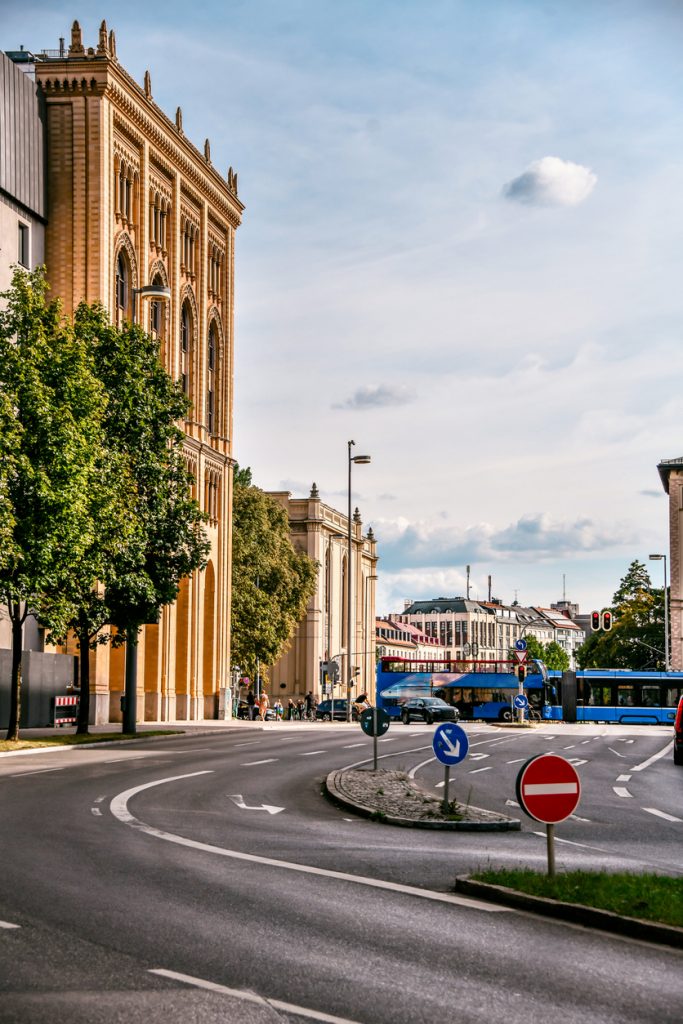
The transport network that Munich provides for its residents covers a large number of areas of the city so that it is possible to get around comfortably. This has led to Munich appearing in the survey results in seventh place in the public transport ranking, which puts the German city in good stead.
One of the most positive aspects of the German transport system is that, as in other German cities, all services operate with a high level of punctuality. It is the German precision that is so famous around the world, and in this case, it is applied to transport so that everyone has the security of knowing that they will arrive on time for their commitments.
In contrast to this, the ticketing system can be a little complicated in view of the fact that tickets have to be validated and some are already validated beforehand. However, a good combination of metro, trains, buses and trams means that getting around Munich is convenient.
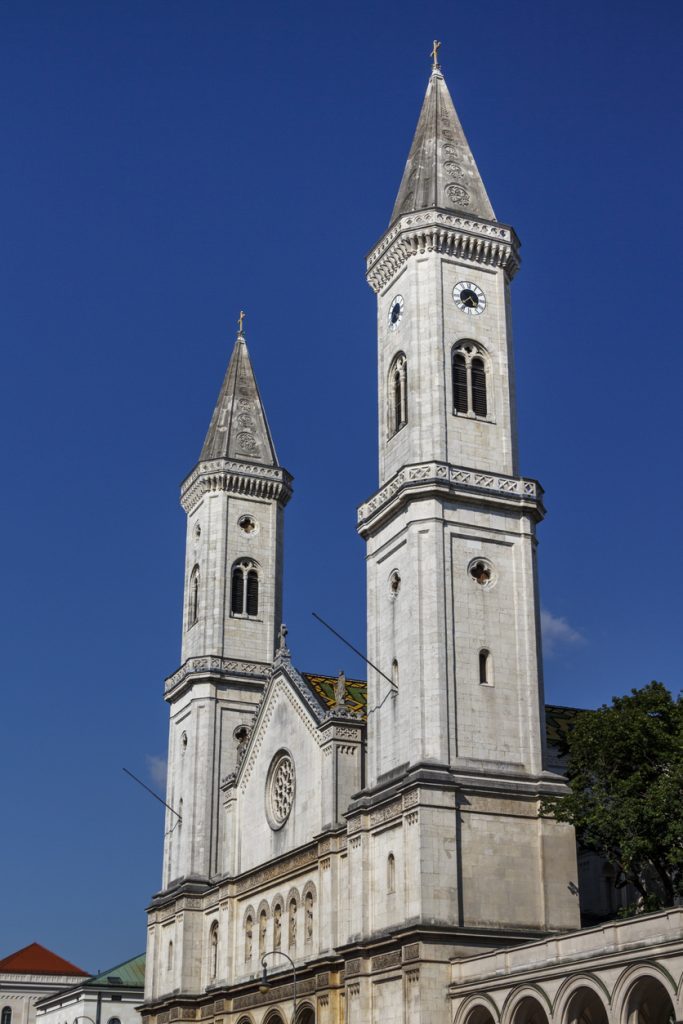
Some of the world’s oldest and most famous universities are located in Munich, where there are also a number of very recognisable schools. The German education system is demanding and takes great care to educate its students to the highest level of commitment, which results in a large number of really high quality university students.
One of the most important universities in Munich is the Ludwig Maximilian University of Munich, which was founded in 1472. The Technical University of Munich and the Akademie der Bildenden Künste München are also located in this city, all of them with a long tradition and antiquity.
It should also be noted that there are German universities which foreign students can attend free of charge in order to continue their studies. Munich also has international study centres such as the Bavarian International School, the Munich International School and St. George’s, The British International School.
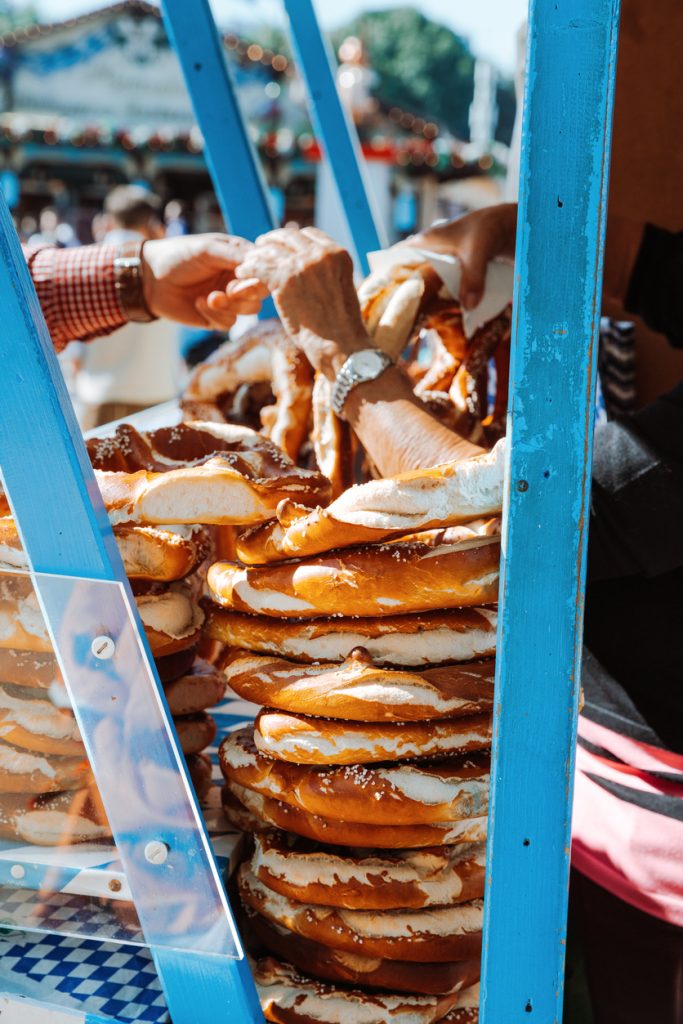
Although Munich’s gastronomy did not stand out in our survey results, this is understandable due to a lack of elegance and more varied recipes. But at times of the year like winter, a diet based on traditional Munich dishes is very convenient to cope with the cold and to have the necessary capacity to work.
Meat is one of the main ingredients in Munich’s food and, as in other regions of Germany, these dishes are very hearty. This ensures that residents are well nourished and always have enough protein to provide them with the energy they need to get through the day.
Some of Munich’s most characteristic recipes include dampfnudeln, Kartoffelsalat salad and the many sausages, such as Weisswurst and Brühwurst. There is also the Bretzel, which the inhabitants are accustomed to eating at all kinds of events and times throughout the year.
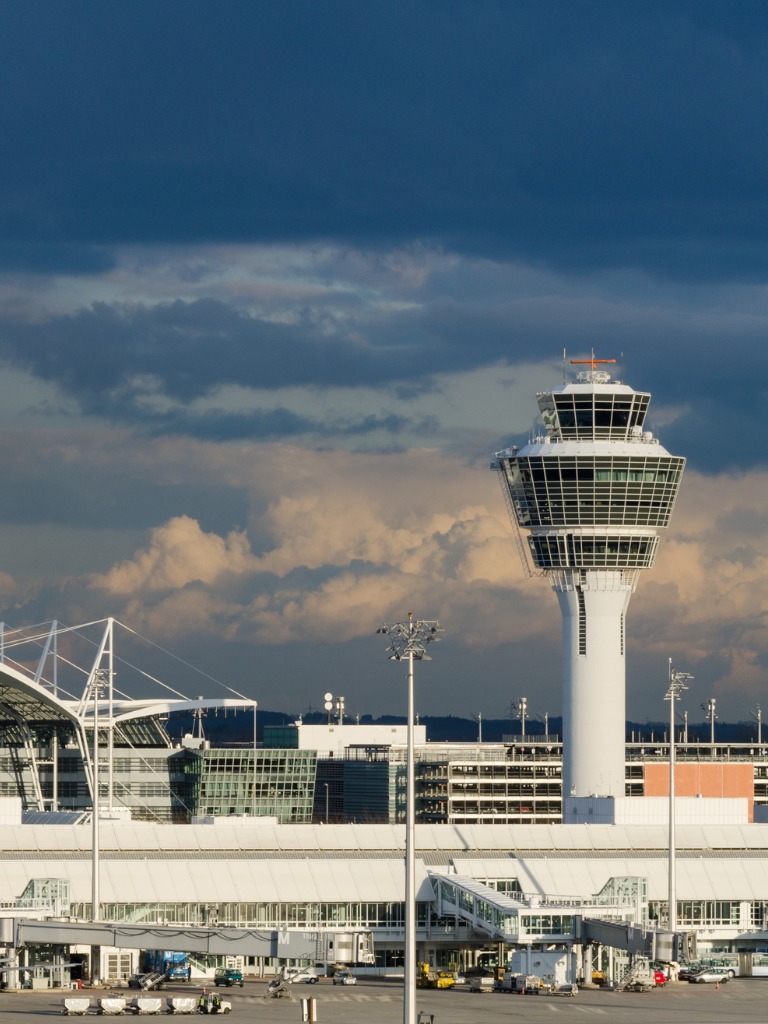
Munich Airport, known as Franz Josef Strauss International Airport, is the seventh largest airport in Europe and has excellent facilities. Although there are some issues that keep it off the top of the ranking, our respondents agree that Munich deserves to be in the top 10 of Europe’s best connected cities.
Its eighth place ranking in this category is achieved through the airport’s facilities and its high efficiency in maintaining regularity of flights and punctuality of arrivals and departures. It is also a convenient airport for picking up visitors who come to visit residents, which is quite common for those who have moved to live in Munich.
The only drawback mentioned about the airport is that it is a long distance from the city centre. The 30km from the city centre to the airport can be covered in 40-45 minutes by train, but there is also an express train service which allows you to get there sooner, although it is more expensive.
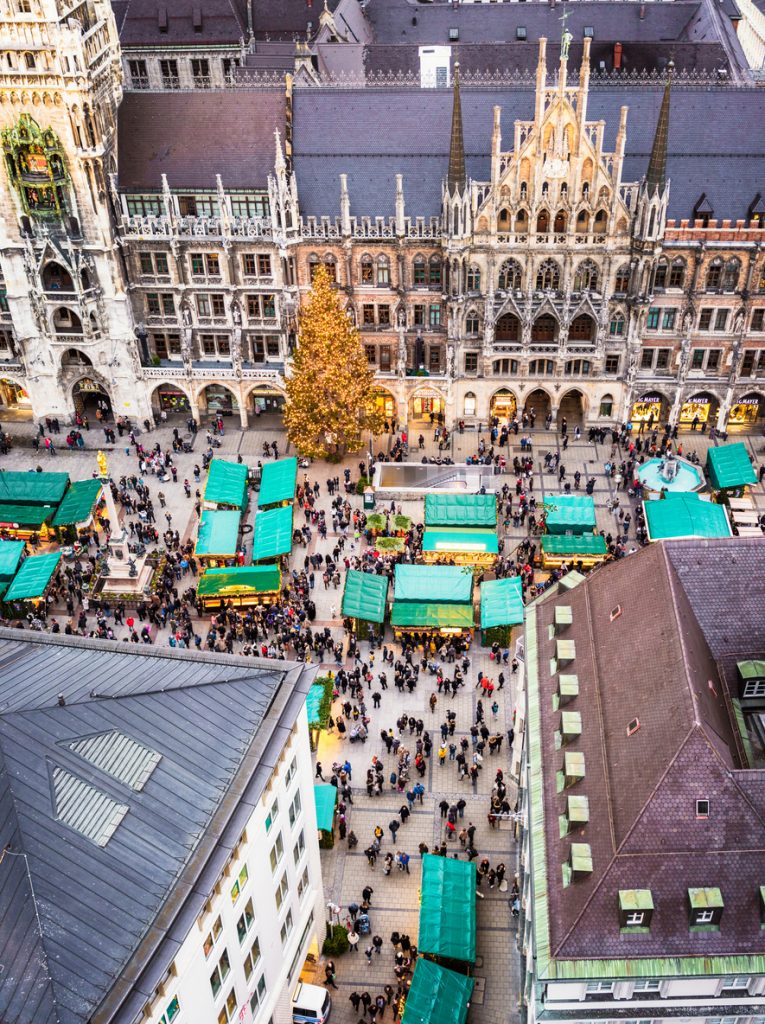
The consensus based on the results of our survey respondents confirms that Munich is one of the safest cities in Europe. It ranks first in this category and outperforms other very safe places such as Zurich, The Hague or Copenhagen.
Munich is often referred to as the safest European city and a place that is on a par with the safest places on the planet, such as Tokyo in Japan. This safety is achieved with a very low crime rate and with the involvement of all citizens in maintaining a cordial behaviour to avoid any kind of incident.
As in other German cities, the community cooperates with the local authorities to ensure that everything is in order and that there are no incidents. This is what helps to make it one of the most desirable places to live for those who want to feel safe at all times. The high level of security is reflected at all times of the day, so there is no need to worry about leaving work late or the children coming home from school one way or the other.

Among Munich’s plans for the coming years are a number of sustainable initiatives on the table that will try to help the German city take the lead in the fight to protect the environment. But for now, these initiatives are lagging behind those being undertaken in similar cities such as Milan, Madrid and Paris.
As a result, Munich was not a top city for sustainability in our survey, although the city council is trying to improve this image with the cooperation of the inhabitants. German citizens and foreign residents are asked to help promote recycling and other actions to help Munich improve its level of sustainability.
The long-term goal is to make Munich more environmentally friendly through various initiatives that will, among other things, make the city one of the world’s leading locations for the use of green energy. This will enable the German city to further contribute to making Germany more environmentally conscious and planet-friendly.
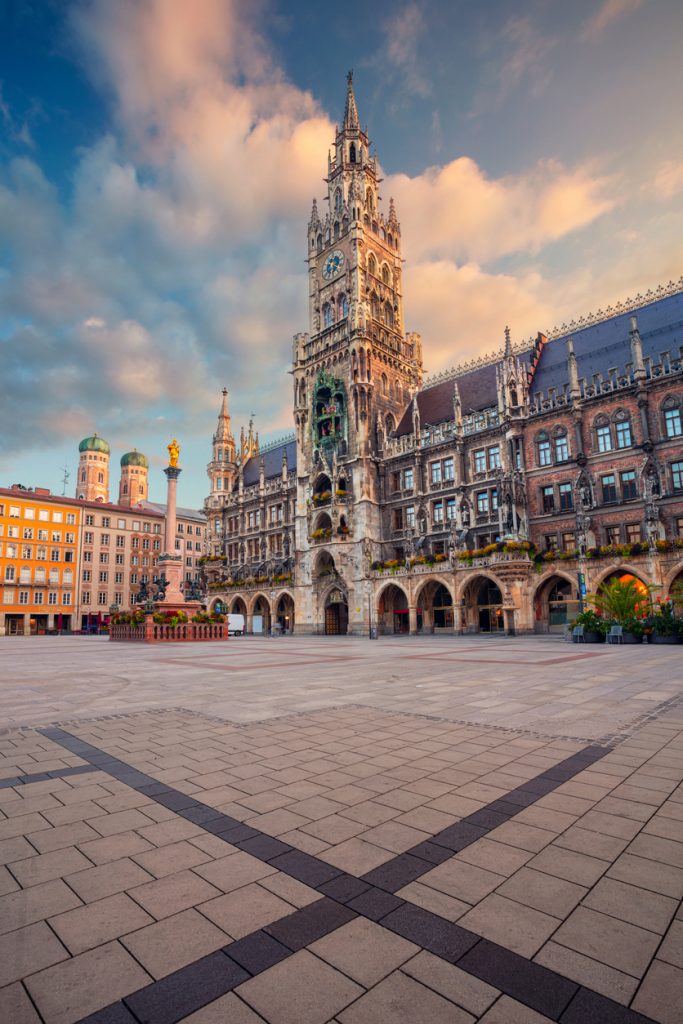
There are several characteristics that prevent Munich from being a cheap place to live. First of all, housing rents are too high compared to other European cities such as Lisbon or Madrid. In addition to this, it must also be taken into account that the transport costs for a person who commutes to work every day by train or underground, end up being really high.
This means that Munich was not chosen in the survey by a large number of people, nor is it a good place to move to for teleworking without a salary that is in line with the salaries provided in the German city.
In general, it is an expensive city and most of its products and services cost above the European average. This can be seen in any expense that is going to be made, whether it is the payment of the fundamental services for a house, such as water or electricity, or the consumer prices in supermarkets or restaurants.
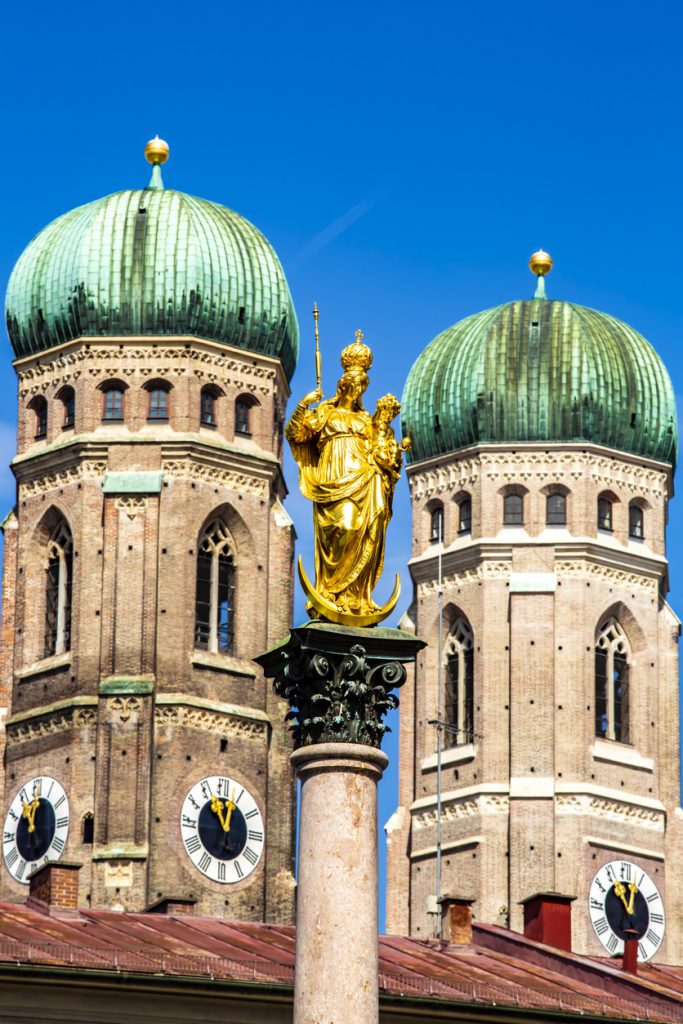
To visit the city’s best museums, residents have to travel to an island in the Isar River, so they are not as centrally located as elsewhere. Families can spend one day at the weekend here and then spend the rest of the day strolling around or enjoying the area. The most important museum is the Deutsches Museum, which is mainly devoted to science and has exhibitions that are popular all over the world.
Where Munich excels most is in its wide range of art galleries, a type of cultural experience that makes a good impression, although it is not always an appealing plan for all residents. Some of these galleries, such as the Neue Pinakothek or the Alte Pinakothek, all of which are located in the Kunstareal museum area, are worth mentioning.
Other cultural experiences of interest include enjoying live music at the National Theatre or going to the Gasteig centre with the intention of listening to the Munich Philharmonic Orchestra. These plans, however, did not captivate our respondents, who left Munich out of the top 10 and gave their support to other places with more historical and cultural backgrounds, such as Rome, Paris or Madrid.

One of Munich’s main attractions is the Oktoberfest, the largest beer festival in the world and an event that has already transcended borders. It is very popular and it is always recommended that residents enjoy it at least once, but it is not enough reason for Munich to take a top position in the best cities for entertainment.
Rome, Barcelona and Prague dominate the survey results for leisure because they have much more varied plans, targeting all types of people and focusing on consistently offering fun. In Munich, new residents will gradually have to find out what kind of activities they can do to make weekends fun and to come up with a multitude of holiday ideas that will keep the family entertained.
At night, Munich is a safe city with most of its activity concentrated in Kunstpark Ost, where there is a wide selection of clubs and nightclubs where you can pass the hours in a fun way. In summer it is also worth taking advantage of the biergarten terraces, which provide an opportunity to sip cold drinks and relax in the company of friends and family.
